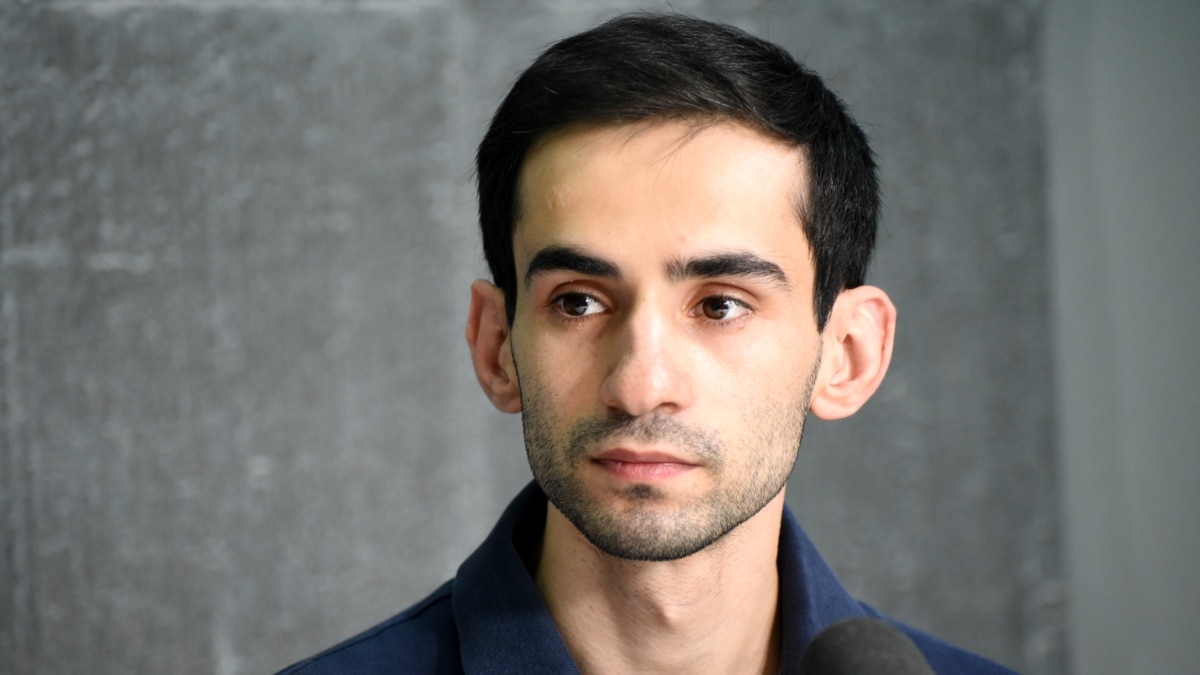Attack on CSOs | Nika Simonishvili, GYLA: Those who know our work, won’t fall for government’s lies
Top officials from the ruling “Georgian Dream” party have recently stepped up the campaign of accusations against Georgia’s leading civil society organizations. Civil.ge asked the executives of several of those CSOs to comment.
We spoke to Nika Simonishvili, who is serving as the Chairperson of the Georgian Young Lawyers’ Association, human rights, elections and policy watchdog, since 2021.
Civil.ge: The “Georgian Dream” officials have repeatedly criticized CSOs since their coming to power. Are we seeing a qualitative difference today?
Nika Simonishvili: For some time now, the rhetoric of the “Georgian Dream” has gone beyond criticism, and escalated into attacks on CSOs, into attempts to reduce the space for their operation and to publicly discredit them. While the mutual criticism is an indispensable part of a healthy democratic process, the policy approach of the “Georgian Dream” is far from democratic standards. The government is trying to paint critical civil society representatives as political, partisan opponents and to drag them into an extremely polarized political environment. By doing so, the government is extending the existing polarization between political parties onto the critically inclined parts of society as well, and by portraying them as enemies of the state, it is trying to diminish their influence and undermine public trust in their opinions. This is particularly the case towards those organizations – like ours – that observe elections. In anticipation of the 2024 general elections, the “Georgian Dream” tries to ensure that public has no confidence in our assessments .
Rhetoric aside, in what practical ways, if any, has the space for civil society organizations been shrinking?
The recent decisions of the government to reduce participation of civil society organizations in policy and legal working groups is a clear example of reducing civic space. In several of such groups the number of participating CSOs was reduced. Some new formal criteria were introduced: for example, only those CSOs that take part in Eastern Partnership Civil Society Forum were admitted. On top of that, we also saw the completely unjustified and discriminatory decision not to let ISFED participate in election legislation working group. Four organizations issued formal protest, I have left this working group meeting the same day, and we decided to suspend participation in all working groups afterwards. In the meantime, the government asks the Forum to replace us in the working groups, apparently trying to sow discord withing civil society groups.
How are you planning to respond to the ruling party’s rhetoric and what, in your opinion, should Georgia’s international partners do?
The government has very considerable propaganda assets at its disposal, which allows it to manipulate the public opinion. It is very hard to counter that. Civil society should react not by retorting to the government’s statements, but by pursuing its own agenda. Our diligent work will serve as the best proof of the reliability of our analysis and conclusions. It is important to work with people directly. Those who know our work, they decipher government’s lies immediately. We are working actively with our international partners, we provide them with information. I can say for certain, that the rhetoric of the “Georgian Dream” had no effect on their trust towards us. I think this will be reflected in their assessments and in their decisions.
